|
Fans of stylistically-rich literary fiction have only to read the first few pages of Michal Majernik’s novel, Mechanical Bull, to realize they have just discovered a rare kind of talent. It is one sharply aware of the soul-suffocating urban environments in which 21st century humans have encased themselves, and equally cognizant of the psychological dilemmas caused by their pursuits of illusory security and something resembling genuine love. The question after realizing the rarity of Majernik’s gifts (a relative newcomer to literary fiction, at least for this reader) becomes: what is he going to do with them for the rest of this book? And how might he utilize them in future works? For now, it’s worth noting that previous efforts as represented by his short story collection Alibist, and work as a journalist reporting on businesses in Canada, are put to advantageous use. Occasional typo malfunctions in the current work raise some concerns but, fortunately, do not diminish the strength of the story itself. Lava and Tears Mechanical Bull (Adelaide Books, 2021) is a novel driven by the mercurial force of its three main characters’ often unpredictable, and at times violent, personalities. Each stars in their own chapter. We first meet Berlin Fearne, an “energized and positive achiever” on her way to work in Hogtown (if you’re thinking Chicago, switch to Toronto). In her professional life, Berlin appears to be an ambitious exacting marketing executive who demands promptness and precision. By contrast, in her personal life, she is prone to compulsions and obsessions which lead her to casually commit theft while simultaneously purchasing expensive items which she neither can afford nor has any intention of keeping permanently. At home, Berlin and husband River Fearne argue over who is more to blame for their financial and marital woes. Is it her for being “miserable” and “shallow,” or him for being “the animal and the demon” loser who has not held a steady job in 10 years and does not know how to comfort her? In short, they routinely physically and verbally abuse each other to the point of accepting their lethally toxic relationship as love, like two volcanoes convulsively spewing lava and tears all over each other. It is clear the mania and desperation driving them can only lead to something horrible. What that horrible thing may or may not be, however, is less apparent. Should, for example, the reader interpret it as literal or metaphorical when the author writes, “Emptiness filled her. Coma took her”? Any doubt is erased 115 pages later. Style and Heartbreaking Substance Majernik’s style of literary construction fuses elements of different forms in lushly-layered passages of poetic prose with blade-sharp dialogue. Exchanges between characters run the gamut from unsparing intensely-heated tirades to soft menacing seductiveness. These are perhaps qualities of the raw naturalist and transgressive genres with which some readers will likely identify Mechanical Bull. While the author’s individual tweaks of the blended forms are effective for his creative purposes, and more than likely thrill any number of readers, it also possibly leaves those who prefer more linear plots and bluntly descriptive background stories feeling frustrated. At the same time, it has to be said that Majernik depicts his characters’ ever-evolving states of mind––whether driven by heartbreak and loneliness, or disappointments and delusion and drugs––with exceptional skill. So much so, in fact, that a reader can come close to empathizing with their twisted brands of logic. Introducing Clare MorganFollowing our introduction to Berlin, we meet Clare Morgan. She is a college student who engages in various kinds of sex for pleasure as well as for different profitable purposes (including obtaining well-written papers). She imagines making herself “available” to different young men in order to “save them from themselves.” Among Clare’s multiple multicultural lovers is her former internship supervisor, and Berlin’s husband, River Fearne. On the surface, Clare appears to be comfortable with her recreational dalliances and for-profit hook-ups. Beneath that surface, she intentionally inflicts pain upon herself for her transgressions and prays at length: “…heavenly Father, that you Transform my unyielding Heart of Stone into merciful Heart of Flesh.” (p. 58) She invests faith in her “boundless love” for River to a degree that, as Beyonce once sang of such obsessiveness, is DANGEROUS. In a letter, she writes: “…My beautiful River, my Judas, my Patron Saint of Torments, I love You, and I will never permit you to abandon me… May I eat your wounds?” (p. 95-96) Witnessing the extreme back-and-forth of this schism between abandoned moral convictions in pursuits of success, and the physical punishing guilt that can follow, immediately brought to mind passages by James Joyce. And perhaps Flannery O’Connor’s Hazel Motes from Wise Blood. Annoyingly, I kept picturing Joyce at times grimacing, laughing nervously, or crying. O’Connor might have been secretly impressed and just as quietly alarmed by Clare’s use of self-harm as a path to divine grace or love. It is in Clare’s story that readers may experience the clearest sense of the author’s interest in how socioeconomic hierarchies make and break individual lives, and how those who maintain them spawn the darkness-versus-light narratives that dominate many people’s day-to-day existence. Majernik curve-balls his own narrative when sharing the views of one of Clare’s wealthier connections, Etienne Leclerq: “…Money made the poor believe that they were alive, they shopped and indulged in order to live… Power was the one true value in the world, an immovable object, the undefeated timeless effort, the stone that held the sword. Money owned the poor. Power owned the rich, and the rich didn’t mind” (p. 80). Should readers attribute such musings to Majernik’s stated fondness for classic authors like Aleksandr Solzhenitsyn and Emile Zola? Or should they simply consider it a natural outcome of economic and racial inequities observed worldwide prior to the pandemic and suffered dramatically during it? The Philosophical Question The author on occasion has described himself as “an agent of the absurd” that rings with loud truth as readers get to know River Fearne a lot better in the third final section. A barrage of explosive and implosive occurrences bring his character and the novel as a whole into a greater focus. Exactly what role River might play in any final resolutions or conclusions is, at first, hard to anticipate because the nature of his character can be interpreted in different ways. He appears at times to be a transplanted victim of his society’s institutionalized bias and his wife’s neurotic ambitiousness. In his best moments, he comes across as a sentimental thug, reciting to anyone who stands still long enough to listen: “Did you know that all matter in the universe comes from collapsed stars? You and I are stardust.” This poetic scientific refrain was first popularized by the late astronomer Carl Sagan and seems River’s way of affirming he is as good as anyone else, despite any societal data or individual behaviors suggesting otherwise. In total contrast to the letter which his lover Clare wrote him earlier in the story, he types the following to his wife Berlin: “Your life is a monument to gamble, and I can no longer live life on a constant edge, in constant anxiety, in constant fear of losing everything… you always run into unsettled situations. A hard life with no resolution in sight” (pp. 121-122). At his worst, River numbs the pain of his anguished frustrations with an overload of drugs and alcohol. The resulting blurred lines between reality and hallucination lead inevitably to the death of an innocent at, of all things, a baseball game. The word ‘death’ instead of murder is used intentionally here because the philosophical question which follows it becomes similar to one posed by the predicament of Richard Wright’s Bigger Thomas in the novel Native Son. Is this death more the fault of the one who finds blood on his hands? Or that of the machinations of a society which, arguably, make such outcomes inevitable? The anticipated resolutions to all that has occurred before––or the “click” as termed by Majernik––does arrive. It comes in the form of a string of absurd, and even comical, events which function to both punish River for, and absolve him from, his transgressions. I will leave the details of these events for readers to discover on their own. Only a Single Glimpse Authors who have boldly ventured into the unconventional territories of transgressive and naturalist fiction include such contemporary notables as Megan Abbott, Bret Easton Ellis, and Chuck Palahniuk; plus, more classic talents like Williams S. Burroughs, Mary Wollstonecraft Shelley, and the aforementioned Joyce. There is much in Majernik’s novel o suggest he might one day earn a solid place among them. What makes his bitches brew of a book called Mechanical Bull worth reading is how finely he renders his characters against a subdued background of conflicting societal demands. These demands routinely grind out barely-surviving metaphors of a humanity still blessed with tremendous opportunities for genuine fulfillment but too scarred by perpetual trauma to realize them. This is only a single glimpse, albeit through a mirror darkly, of our chaos-plagued world but one luminous and revealing nonetheless. READERS ARE INVITED TO POST ANY RELEVANT COMMENTS BELOW. Aberjhani |
| | |
“Loving, Happy, Untamed, Passionate"
Somebody call the cops!
My muse has been stolen
I repeat my muse has been stolen…
The pain of this crime is felt in each stanza as she dramatically describes the sleep deprivation and loss of creativity it has caused. Yet there is also gentle self-deprecating humor while observing:
I feel too normal
I need my abnormality back…
The depth of her need is amplified with the following simultaneously pleading and demanding lines:
I want it back the way it was taken
Opinionated, LOUD, wild, confused
Loving, happy, untamed, passionate
Smart enough, encouraging, kinda shy
Uncorrupted by the norms of society
Unpierced by the actions of my peers
AND ALL MINE
In the poems which flow immediately afterwards, titled “Nicking,” “Lost Scared Afraid,” and “My Muse,” the poet’s attachment to what most inspires her can be understood at different times in different ways. In one moment, it is an addiction of a healthy variety rather than a destructive one. In the next, it reads and feels a lot like a love affair brutally interrupted by the kind of heinous disregard which too often in our current over-technologized world leads to tragic consequences.
| | |
In the Tradition of Baring One’s Soul
Instead of offering strategies for navigating the painful uncertainties of her personal journey, the Savannah, Georgia-born poet simply presents her own efforts at balancing them. In this way, she self-identifies with humanity as a whole rather than with a single segment of it. Near the end of the volume, she notes the following in a letter to herself:
I know you
From your favorite color
To your deepest secrets
From your untold feelings
To your wildest dreams
I care about
Your every word
Simplest request
Smallest dreams…
There is a tremendous amount to appreciate in this first edition of Aurie Cole’s debut volume as her pen makes its free-styling way through shock and despair toward hope and self-determination. However, it has to be said as well that serious readers of poetry are likely to find a number of typographical errors distracting. These are understandable enough because talented young poets rarely receive the kind of publishing support which ensures the absence of such mistakes. (How many, after all, such as the celebrated Amanda Gorman are likely to receive an invitation to recite their poetry at a presidential inauguration and subsequently get Oprah Winfrey to write a foreword for their book, basically guaranteeing its status as a number 1 bestseller?)
Other critically-minded readers may question the absence of poems dealing with such timely issues as the COVID-19 pandemic, climate change, or Black Lives Matter. In a way, it may be argued that the more deeply personal writings inspired by the poet’s muse are a kind of response to these very concerns as they illustrate the power of sheltering within the integrity of one’s own sanity in a world knocked off balance by myriad forms of chaos. The important thing may be the knowledge that Talks Between My Pen and Muse is only a first important literary step for Aurie Cole and readers hopefully can look forward to many more writings from her pen and muse in the future.
Aberjhani
Author of Greeting Flannery O'Connor at the Back Door of My Mind
Creator of Authentic Silk-Featherbrush Artstyle
| | |
| | |
She followed the novel Wise Blood with a collection of short stories, A Good Man is Hard to Find, in 1955; the novel The Violent Bear it Away in 1960; and the short story collection Everything That Rises Must Converge ––a book on which she worked virtually right up until her death–– published posthumously in 1965. In between the writing and the publishing, she marshaled her strength to travel (aided by crutches) and lecture, write articles for popular magazines (for which she was generally well paid), and write numerous letters to friends, supporters, and critics.
(To read part 1 of this story please click here. For part 2 click this link.)
The O’Connor readers and scholars now know would not have been possible without a tightly woven network of friends and family members who supported her work through belief in, and out of love for, her. After illness derailed her plans to live the life of a postmodern New York author, she famously surrounded herself with peacocks at Andalusia, her family’s farm, and allowed the world to come to her just as much as she continued to embrace it on the page and through speaking engagements. Fellow authors, theologians, aspiring writers, general admirers, and would-be lovers in the form of men as well as women often made their way to her front door.
| | |
| | |
Mother and Daughter Together
As such, she did the kinds of things caregivers tend to do when committed to ensuring as high a quality of life as they can for someone they love: setting aside a thermos of hot coffee at night to share with Flannery in the morning, running a farm to secure an income, tolerating the droppings and cries of beautiful but annoying peacocks, traveling abroad with her daughter even when she herself was ill, and standing guard at her hospital room door to ensure a chance at rest and possible recovery.
| | |
In Praise of Those Who Wait
Then, approached by an editor in 2003 about a biography on O’Connor, it clearly was not an offer he could refuse. A dream which had been deferred for more than two decades finally saw the light of day in 2009 and by most accounts it was very much worth the wait.
Author
Aberjhani is co-author of Encyclopedia of the Harlem Renaissance as well as author of Dreams of the Immortal City Savannah and Greeting Flannery O'Connor at the Back Door of My Mind.
| | |
Biography Presents Compelling Portrait of Life, Times, and Mind of Jean-Paul Sartre (part 2 of 2)
7/11/2017
To read part 1 of this article please click here.
In this, he was much more a world citizen, or internationalist, than a nationalist. Cohen-Solal demonstrates as much through accounts of his physical and psychic immersion into different cultural and political environments as a traveler, and through applied adjustments of his literary focus as an engaged philosopher. Referring to the aftermath of a 1945 trip to the United States:
“What Is Literature?, Anti-Semite and Jew, The Respectful Prostitute, these are some of Sartre’s works that in the months to come, deal with the reality he has discovered in America. His recent awareness of the black problem [Jim Crow racism] is enhanced by his friendship with the American writer Richard Wright, whose autobiographical novel, Black Boy, was published in March 1945” (Cohen-Solal, p. 242).
And, as philosopher and social justice advocate Cornel West points out in his introduction to the biography, despite any criticisms of the man:
“Sartre will always be remembered as the most visible and influential European intellectual who put a limelight on the struggles against U.S. and French imperialism in Africa and Asia and against white supremacy in the United Sates. This is no small matter and it took great courage to do so. His support of freedom struggles in Morocco, Algeria, Vietnam, Cuba, South Africa, and the United States—regardless of the outcomes that resulted—was heroic” (West, p. xviii).
In Closing
Author-Artist
Aberjhani is an American poet, historian, essayist, editor, journalist, social critic, and cautious artist. His many honors include the Choice Academic Title of the Year Award, the Notable Book of the Year Award, Outstanding Journalist Award, and Poet of the Year Award. He is currently completing final edits on a work of creative nonfiction about the cultural arts, race relations, immigration, and human trafficking in his hometown of Savannah, Georgia.
Archives
November 2023
June 2023
February 2023
December 2022
June 2022
February 2022
November 2021
September 2021
April 2021
March 2021
December 2019
November 2019
June 2019
May 2019
March 2019
January 2019
October 2017
July 2017
August 2012
Categories
All
1950s
1960s
2022 Russia Ukraine War
20th Century Authors
21st Century Artists
21st Century Authors
21st Century Poets
Aberjhani
Aberjhani Observance Of National Poetry Month
Aberjhani On Aurie Cole
Aberjhani On Brad Gooch
Aberjhani On Chinese Famine
Aberjhani On Dick Gregory
Aberjhani On Duncan McNaughton
Aberjhani On Eugene Talmadge
Aberjhani On Flannery O'Connor
Aberjhani On Immigration
Aberjhani On Jean-Paul Sartre
Aberjhani On Mao Zedong
Aberjhani On Mark Morneweg
Aberjhani On Maya Angelou
Aberjhani On Otis S. Johnson
Aberjhani On Paul Laurence Dunbar
Aberjhani On PT Armstrong
Aberjhani On Russia Ukraine Was
Aberjhani On Savannah Georgia
Aberjhani On Savannah-Georgia
Aberjhani On Yang Jisheng
Adapting Books For Film
Africa
African American Authors
African-American Authors
African-American Comics
African American History Month
African American Men
African-American Men
African Americans
African Americans Abroad
African Americans In Japan
African Americans Living Outside America
African American Writers In Savannah GA
African Diaspora
African Engineers
African Writers
AI Literary Chat Salon
Alice Walker
Amanda Gorman
American Artists
American Authors
American Civil War
American PEN Video
Andrew Davidson
Angel Art
Angel Lore
Angel Meme
Angel Of War And The Year 2022
Angelology
Annie Cohen-Solal
Antiracism
Archangel Michael
Art By Aberjhani
Art By Christia Cummings-Slack
Artist-Author Aberjhani
Artist James Russell May
Artist Marcus Kenney
Asian Authors
Audio Podcast
Aurie Cole
Author Brad Gooch
Author Connie Zweig
Author Franklin D. Lewis
Author Interview
Author Mark Morneweg
Author Poet Aberjhani Official Site
Author-Poet Aberjhani - Official Site
Authors
Authors From Savannah Georgia
Ava DuVernay
Benjamin Hollander
Benjamin Van Clark Neighborhood
Ben Okri
Ben Okri Videos
Best Interviews Of 2023
Bill Berkson
Biography
Biracial Relationships
Biracial Women
Black History Month
Black Men Who Write
Black Movie Directors
Black Women Authors
Blogs By Aberjhani
Booker Prize For Literature
Booker Prize Winners
Book Industry
Book Publishing
Book Reviews
Book Reviews By Aberjhani
Books
Books About Rumi
Books About Savannah-Georgia
Books About Sufism
Books And Authors
Books By Aurie Cole
Books By Darrell Gartrell
Books By Flannery O'Connor
Books By Patricia Ann West
Books By PT Armstrong
Books By Robert T.S. Mickles Sr.
Books By Rotimi Ogunjobi
Books On Flannery O'Connor
Brad Gooch
Brad Gooch Audio Podcast
Brunswick Georgia
Canadian Authors
Canadian Novelists
Carlos Ruiz Zafon
Caste The Origins Of Our Discontents
Celebrity Authors
Children's Literature
Chinese Authors
Chinese History
Christia Cummings-Slack
Christina Cummings-Slack
Christine Cummings
Classic Authors
Connie Zweig
Contemporary African Literature
Contemporary African Writers
Contemporary Artists
Contemporary Authors
Contemporary Canadian Authors
Contemporary Literature
Contemporary Southern Literature
Cormac Mccarthy
Cornel West
Creative Nonfiction
Creative Thinkers
Cultural Demographics
Cultural Heritage
David Gordon Green
Dick Gregory Videos
Digital Publishing
Director Regina King
Director Steve McQueen
Doctorate In Literature
Dreams Of The Immortal City Savannah Book By Aberjhani
Duncan McNaughton
Ebooks
Education
El Portal Press
English As A Second Language
English Learning Students
Essay On 21 Years Of Wisdom
Essays By Aberjhani
Essays On Ben Okri
Essays On Duncan McNaughton
Essays On Flannery O'Connor
Essays On Immigration
Eugene Talmadge
Eugene Talmadge Memorial Bridge
Evolving Cultures
Existential Creativity
Existentialism
Fall Of The Rebel Angels
Famous Women Artists
Fiction
Filming Movies In Savannah-Georgia
Flannery O'Connor
French Authors
French Literature
Genre Bending Literature
Genre-bending Literature
Global Community
Grandmothers
Great Sufi Poets
Greeting Flannery O'Connor At The Back Door Of Mind Book By Aberjhani
Gullah Geechee Culture
Gustave Flaubert
Halloween's End
Hector France
Historical Fiction
Historical Poetry
History
History Of Civil Rights Movement
History Of Famines
History Of Literature
History Of Racism
Human Cannibalism
Iconic Authors
Immigrant Experience
Immigration Policies
Influential Authors
International Authors
International Poets
Interracial Relationships
Interview
Isabel Wilkerson
Jalal Al-Din Mohammad Balkhi
Jalal Al Din Mohammad Rumi
Jalal Al-Din Mohammad Rumi
James Joyce
Jean Genet
Jean-Paul Sartre
Jelaluddin Rumi
Jim Crow Racism
Lady Gaga
Latino Ficiton
Leadership Philosophy
Leadership Theory
Life And Legacy Of Dick Gregory
Life And Legacy Of Flannery O'Connor
Lillian Gregory
Literary Biographies
Literary Community
Literary Criticism
Literary Essays
Literary Friendships
Literary History
Literary Honors
Literary Influencers
Literary Influences
Literary Legacies Of The South
Literary Prizes
Literary Traditions
Literary Translations
Literature Of Immigration
Luca Giordano
Memoir
Memoir By Darrell Gartrell
Michal Majernik
Movie Sets
Mythology
National Poetry Month
Naturalism Fiction
New Orleans
Nicanor Parra
Nigerian Authors
Nigerian Literature
Nigger By Dick Gregory
Nobel Laureates
Nonfiction
Novels
Official Site For Author Poet Aberjhani
Official Site For Author-Poet Aberjhani
Official Website Of Author Poet Aberjhani
Official Website Of Author-Poet Aberjhani
Oklahoma City
Oprah Winfrey
Patricia Ann West
PEN America
PEN International
Philosophy
Podcast On Literature
Poems About Savannah-Georgia
Poems By Patricia Ann West
Poetry
Poetry By Aurie Cole
Poetry By Duncan McNaughton
Poets Against War
Poets From
Poets From Afghanistan
Poets From Boston
Poets From Savannah Georgia
Poets From Savannah-Georgia
Poets On War
Political Activism
Political Biographies
Political Strategies
Political Theories
Postered Poetics Art By Aberjhani
Predatory Gentrification
Preventing Erasures Of History
Prose And Poetry
Prose Poem
Public Intellectuals
Public School System
Publishers
Publishing
Publishing Options
Putin Attacks Ukraine
Q&A With Author
QOTD Quote Of The Day
Quentin Tarantino
Quotations
Quotes By Dick Gregory
Quotes By Flannery O'Connor
Quotes By Mark Morneweg
Race In America
Race In Japan
Racism In Georgia
Racism In Savannah
Racism In The United States
Reiki Master
Richard Wright
Rotimi Ogunjobi
Rumi's Birthday
Russian Invasion Of Ukraine
Russia Ukraine Conflict 2022
Russia Ukraine Video
Russia Ukraine War
Salman Rushdie
Sandfly In Savannah Georgia
San Francisco Poets
Savannah College Of Art And Design Graduates
Savannah Georgia
Savannah-Georgia
Savannah River
Savannah State University
SCAD Graduates
Singer Sade
Social Activism
Social Realism
Somewhere In The Stream By Duncan McNaughton
South Carolina
Southern Legacies
Spike Lee
Spiritual Counseling
Spirituality
Starvation
Still Water Words
Sufi Literature
Talks Between My Pen And Muse
Teachable Take-Aways
Text And Meaning Series By Aberjhani
The American Poet Who Went Home Again
The Angel's Game
The Famished Road
The Gargoyle By Andrew Davidson
The River Of Winged Dreams
The Word "Nigger"
Toni Morrison
Transgression Fiction
Transgression Literature
Transgressive Literature
Tribute To Dick Gregory
Ukraine Russia Crisis 2022
Video
Video Podcast
Video Poem
Videos About Rumi
Videos On Literature
Wakanda Forever
War And Peace
William Anderson
Wisdom21
Women Artists
Women Authors
Women Poets
Women's Voices
World Community
World History
World Poetry Day
Writers And Writing
Xenophobia
Yang Jisheng
Year 2022 In Review
Yoko Ono
YouTube Videos

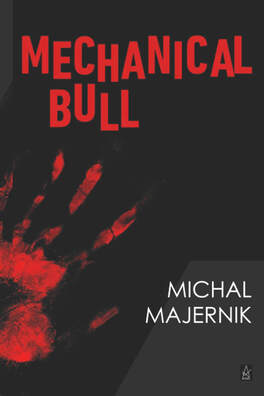
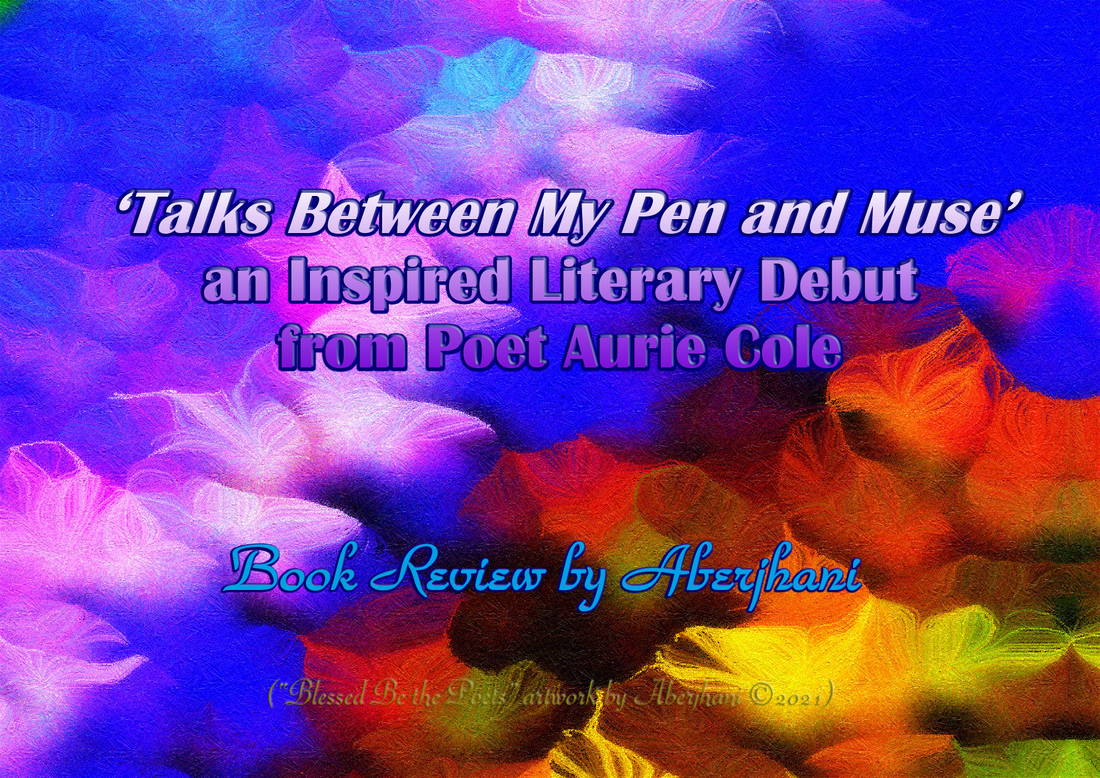
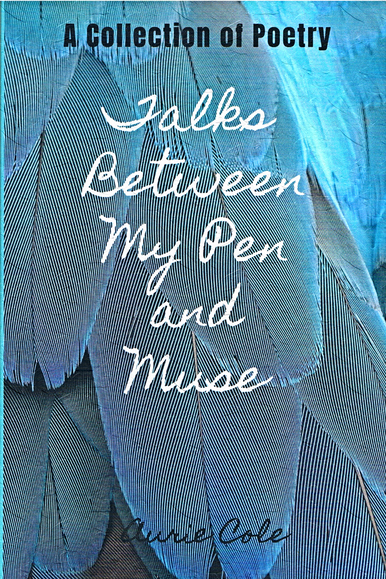
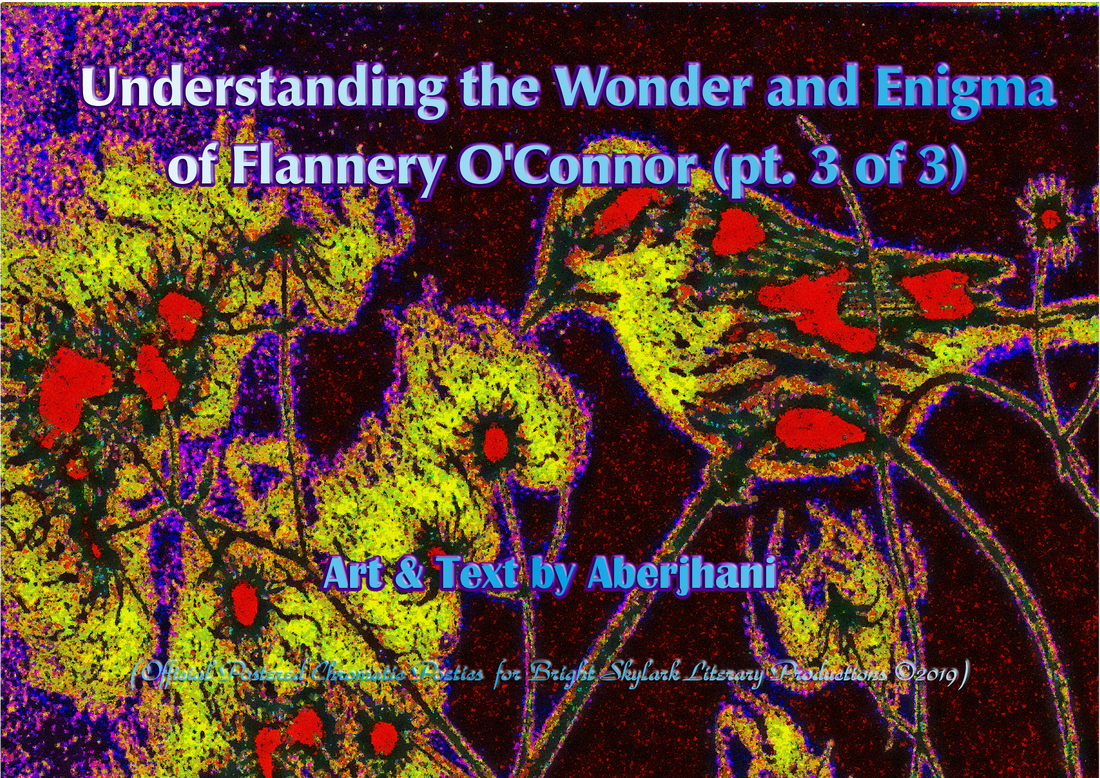
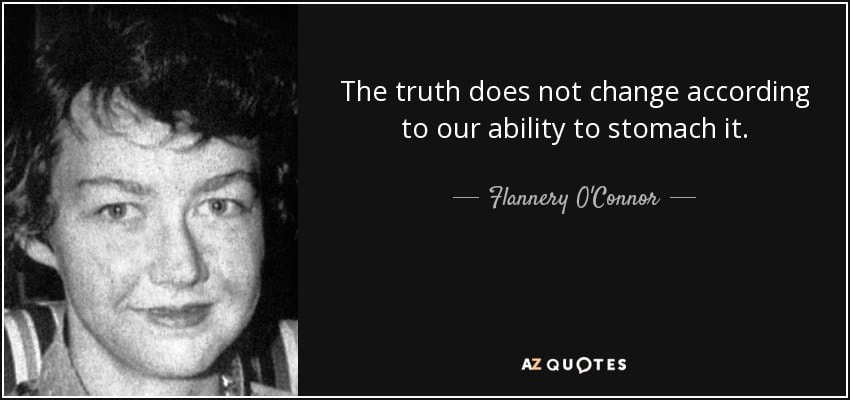
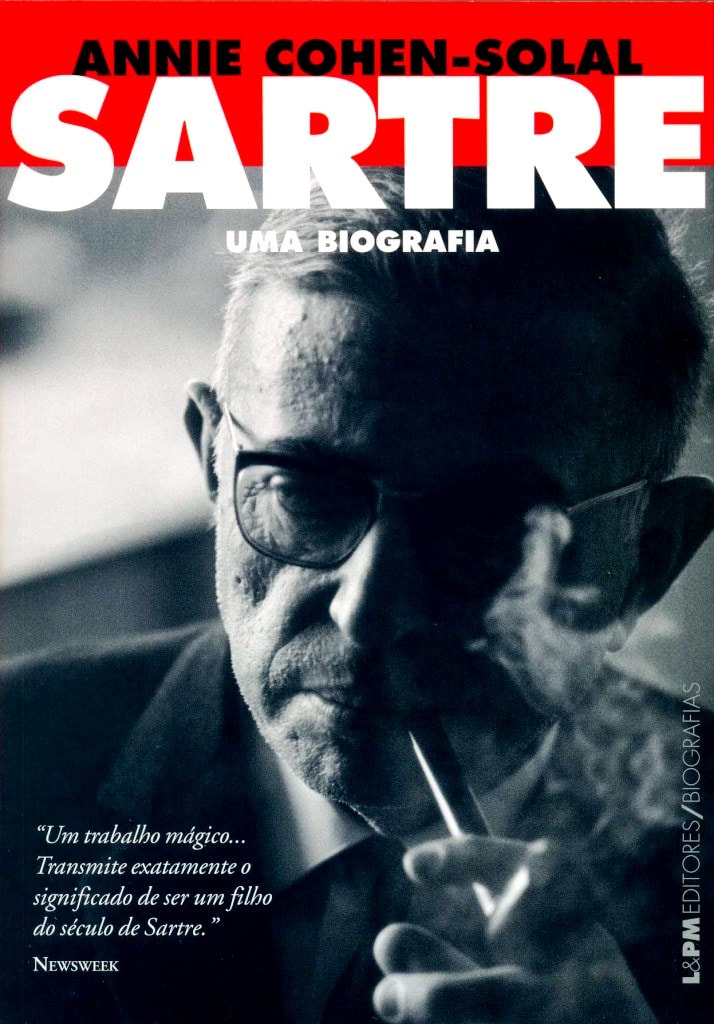
 RSS Feed
RSS Feed